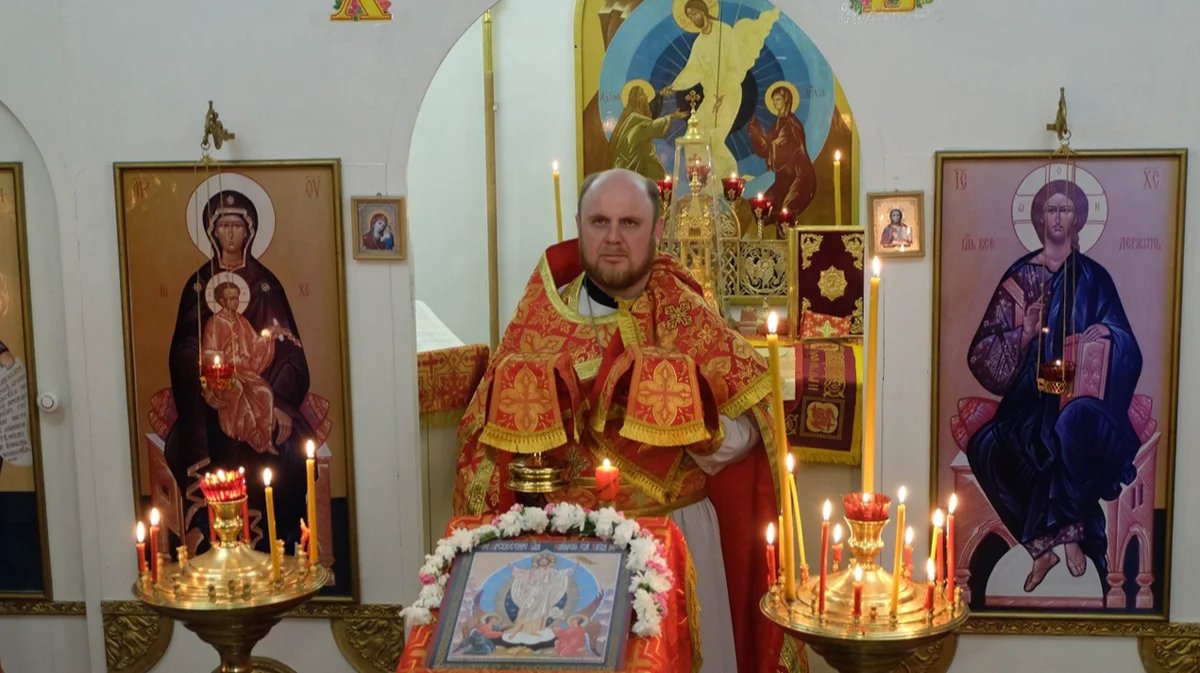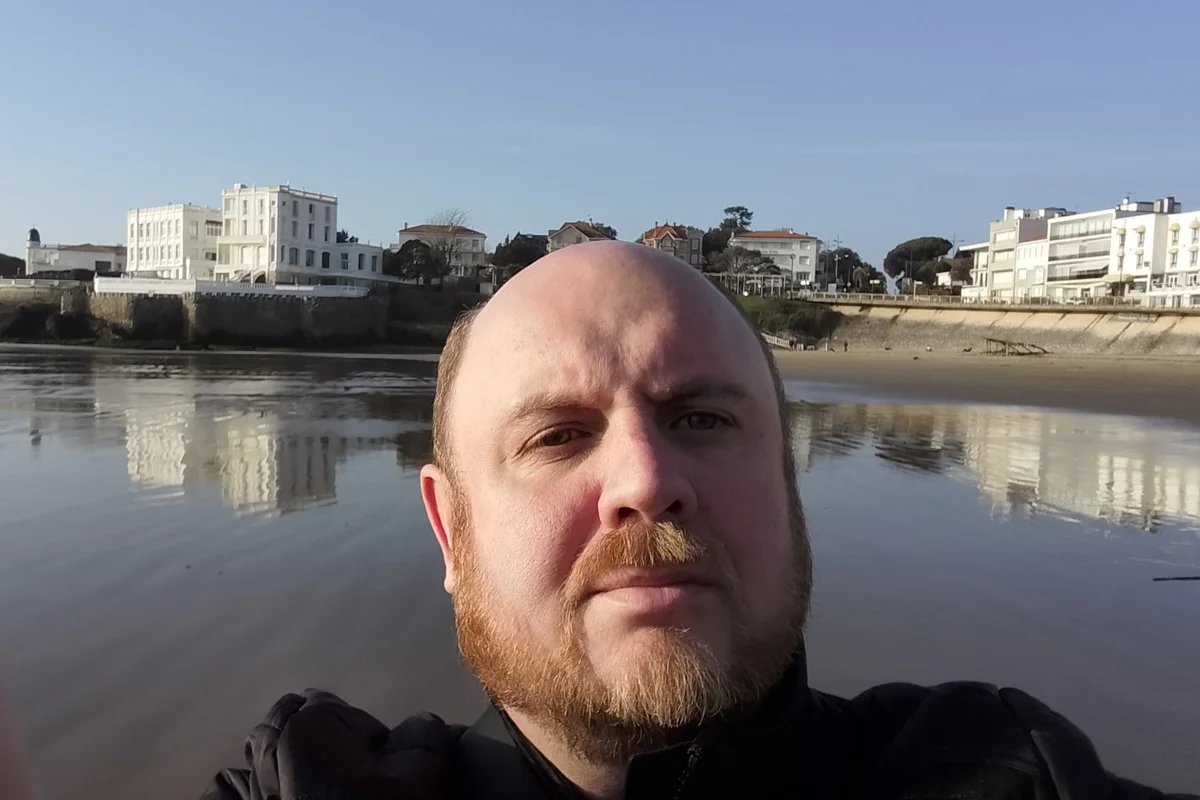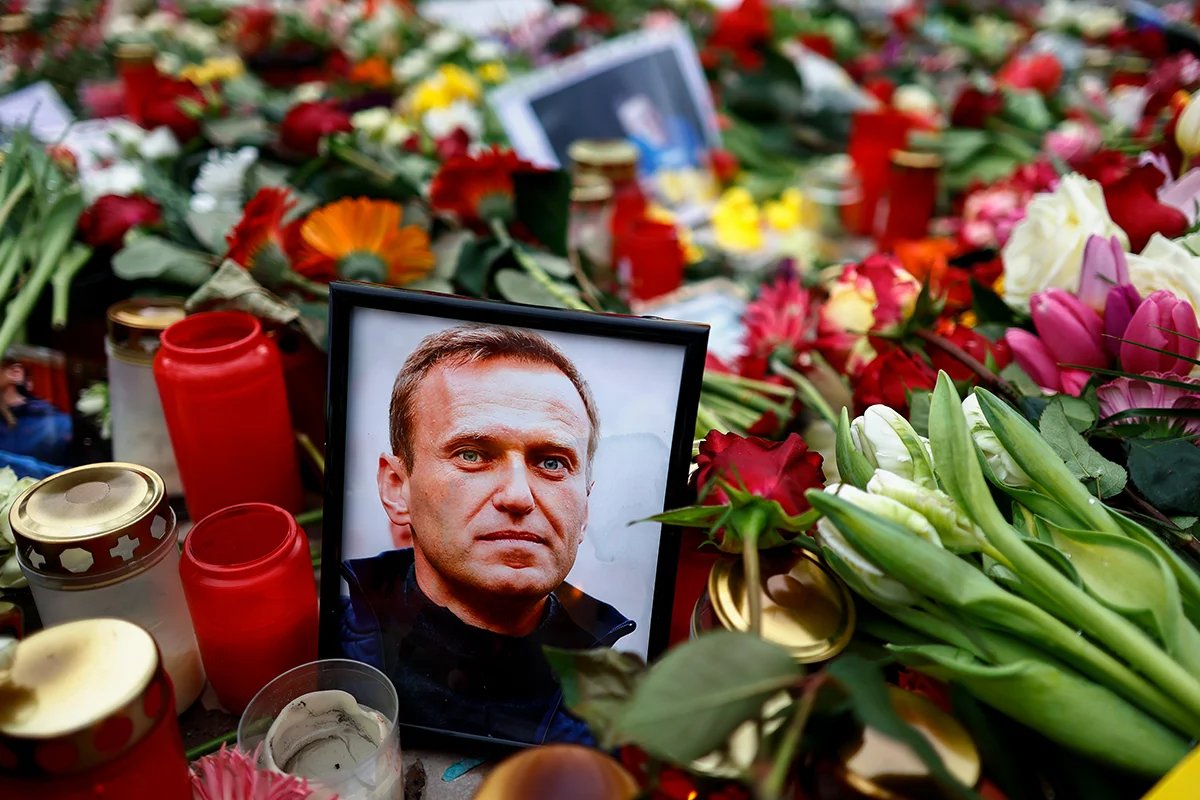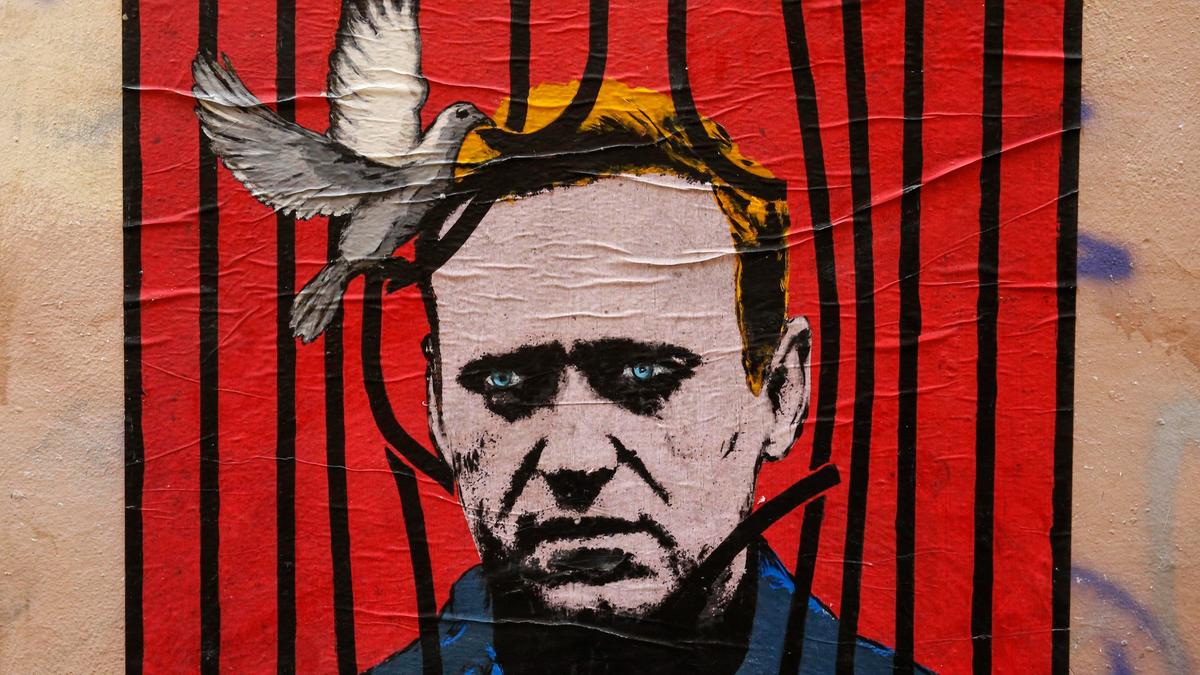Father Nikolay Platonov once served as a village priest in the Russian Urals. However, after he publicly condemned Russia’s invasion of Ukraine, he was deprived of his ministry by the Russian Orthodox Church, subjected to threats and persecution and ultimately fled the country.
After several bouts of exile that took him to Kazakhstan, Armenia and Montenegro, Father Nikolay eventually made his way to France with the help of Peace Unto All, a group dedicated to supporting Russian Orthodox Church clergy members with anti-war beliefs.
While he wasn’t keen to discuss his current activities or plans for safety reasons, Father Nikolay nevertheless spoke unequivocally about his ethical and political positions when Novaya Europe caught up with him recently.
NGE: You recently repeated the appeal you first made two years ago for Russians to flee the country. What prompted that? Has the situation become more urgent?
NP: Nothing has changed in the past two years. Russia is still ruled by a man who doesn’t really know why he’s doing what he’s doing. Finally, the international community is coming round to the idea. Just in February, US President Joe Biden called Putin crazy.
Russia is sick. The people who could have improved society, who could have rescued it from fear and hatred, were forced to leave, imprisoned, or killed. Like Alexey Navalny.
Even if a million people came out onto the street, this madman will tell his security forces to shoot, to shoot at women and children, and the well-fed security forces will indeed shoot.

Father Nikolay Platonov. Photo: Chelyabinsk Archdiocese / VK
Christ is with those who are suffering. And right now, those people are first and foremost Ukrainians. If the West really is Christian, then it absolutely must help Ukraine.
To Russians who still have a conscience: even after two years, I consider it my duty as a priest to repeat myself. There’s a madman in power! Leave! Save yourselves and your loved ones!
Some people think they are serving God by killing Ukrainians; they think they are “sacrificing themselves for their friends”. To those people, I say, do not be deceived! We should lay down our lives for our friends, but we shouldn’t kill others for them. Christ did not teach killing.
NGE: What consequences have you faced for denouncing Putin and the war?
NP: I have lost everything. When I left, I had nowhere to go. I left with nothing. All I had was my faith that God would not leave me, and he didn’t. It wasn’t easy — I faced many trials — but with each trial, my faith grew stronger.

Father Nikolay Platonov. Photo: courtesy of Nikolay Platonov
NGE: Now where do you live? Are you still serving as a priest?
NP: By God’s grace I made it to Europe. But I went through a long period of torment, and there were nights when all that I had to cover me was the starry sky. I’m now in France. I came here for God, to serve in a church — though definitely not in a Russian Orthodox church. Will it work out? I still don’t have the answer to that question.
NGE: You say that it’s not only Putin but all of Russia that is sick. What would you call this illness and when did its symptoms first appear? Is there a remedy for it?
NP: After February 24, 2022, I tried to persuade my friends and family who still supported Putin that what he was doing was wrong. I told them that not all power flows from God. I started with the example of Nazi Germany and ended with the Sermon on the Mount. I tried to make the case in many different ways, but my friends and family could not grasp these very obvious facts, and it made me wonder: what is preventing people from seeing what’s right in front of them?
Obviously, some kind of sinfulness is preventing them from seeing it. But what sin makes a person blind? “Pride is the extreme squalor of the soul that dreams that it is rich, and, being in darkness, thinks that it is in the light. He who is captivated by pride needs the help of God Himself, because, for such a person, human salvation is vain,” writes St. John Climacus.
War is a kind of extreme pride. People are so sure of their own sanctitude that they believe they are permitted to kill.
How else can you explain the fact that they are openly justifying what is undoubtedly a war of aggression? Is it because, for the first time in a long time, they feel good? Life has become some kind of interactive geopolitical game, in which those who revel in proud imperial glory are able to take part in it directly, while also sitting on the sofa.
NGE: If a Christian is against the war but cannot leave Russia, should they remain a parishioner of the Russian Orthodox Church? Can they find anything redeeming there?
NP: It’s very dangerous to be a parishioner today. The Moscow Patriarchate uses churches to broadcast the “party line”, the government’s pro-war line. Don’t forget, these churches now recite a bloody prayer for Russian victory.
If you are lucky enough to find a place of worship where they don’t broadcast the Kremlin’s agenda and where they don’t read that terrible “prayer for victory”, then don’t walk but run there, as the clergy in that church will practically be saints.
NGE: In your opinion, why didn’t the rest of the Christian world break ties with the Russian Orthodox Church after it began promoting the ideology of the “special military operation”?
NP: I guess they lacked the audacity. It’s generally the Russian Orthodox Church that likes to cut ties with everyone else. But the Christian world isn’t like that. It’s a world of mercy, patience and familial anticipation for the eventual return of a sister who is currently mired in her sins.
NGE: Do you think of Alexey Navalny as a martyr? Do you think that he should be canonised by the Russian Orthodox Church?
NP: I am absolutely certain that, sooner or later, Alexey will be canonised. My question to anyone who would oppose his canonisation is this: why is Alexey’s heroism less significant than Tsar Nicholas II’s heroism? Alexey was smarter, kinder and braver. He managed to get his family out of Russia, and then, after being poisoned, after being on the verge of death, he returned. In that situation, would Tsar Nicholas II have returned? I very much doubt it.

Photo: Hannibal Nanschke / EPA-EFE
And I disagree with those who say that Alexey returned because of his political ambitions. Alexey returned for the sake of Russia and the Russian people. Take a look at the saints — how many holy kings and conquering princes are there? But Alexey was a peacemaker, and Christ did not speak of conquerors, he spoke of peacemakers.
Alexey had a huge number of followers who were willing to take to the streets, but he didn’t lead them to the Kremlin in order to stage a bloody coup; that speaks to the goodness of his soul. He wanted to get through to the authorities and to the people directly, to convey the message that we can effect change.
Isn’t Alexey’s limitless faith in people a living example of the faith that Christ had in people? Wasn’t the consequence of that faith another sacrifice on the cross? Alexey returned to Russia for the sake of that faith and love. He was a very good person and a believer. Re-read his 2014 Easter message.
Some people say that Navalny “didn’t go to church”. But right now there are millions of people happily going to church in Russia and reading a prayer for victory in a bloody, aggressive war against people we once considered our brothers.
“I was an atheist until I was 25, and a rather militant one at that. Now I am a believer, but as I remember myself well before the age of 25, I am not horrified, shocked or alarmed by anti-clerical positions, purely scientific worldviews, or the ridicule of deliberate religiosity. The latter is even useful.
However, Easter always seems to me the best candidate for the title of Holiday_for_Everyone. It beats New Year’s Eve, my friends.
Think about it: it’s a holiday about the most important thing of all. The inevitable triumph of good over evil. A holiday of hope. A holiday of faith in a better future.
What was He fighting? Lies, hypocrisy, slavery, injustice, usurpation of power, crooks and thieves. All the things that disgust us so much, that disgusted so many before us, and which will disgust many after us as well.”

